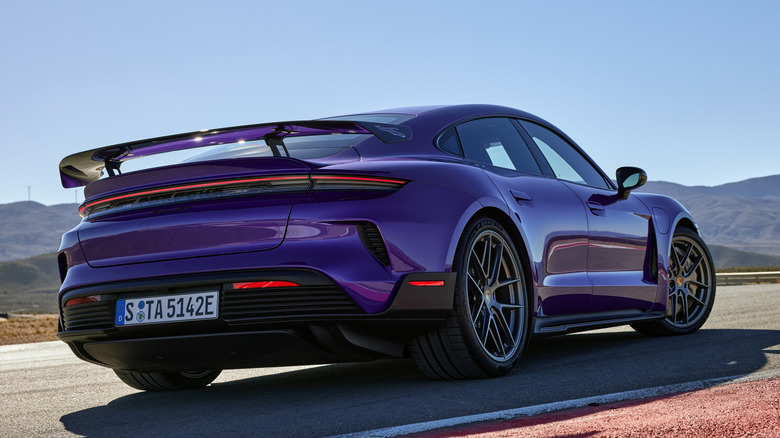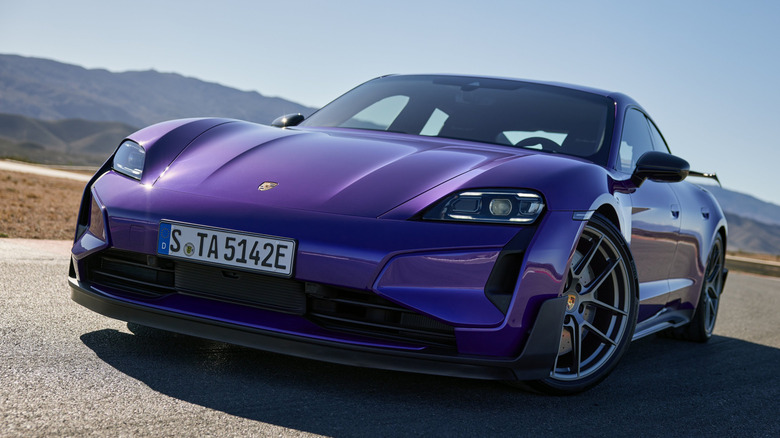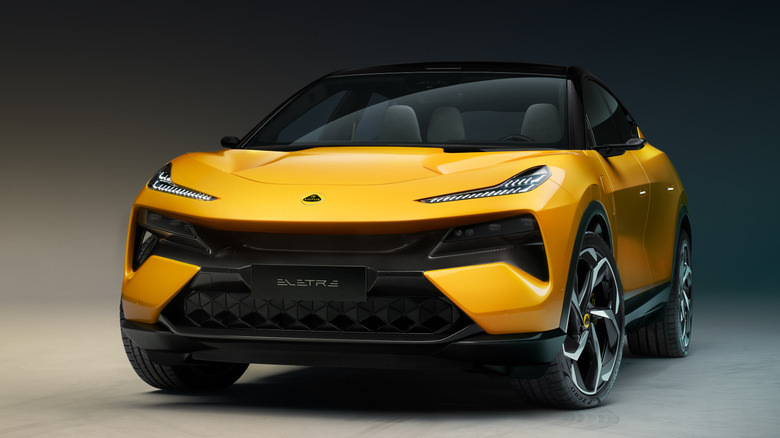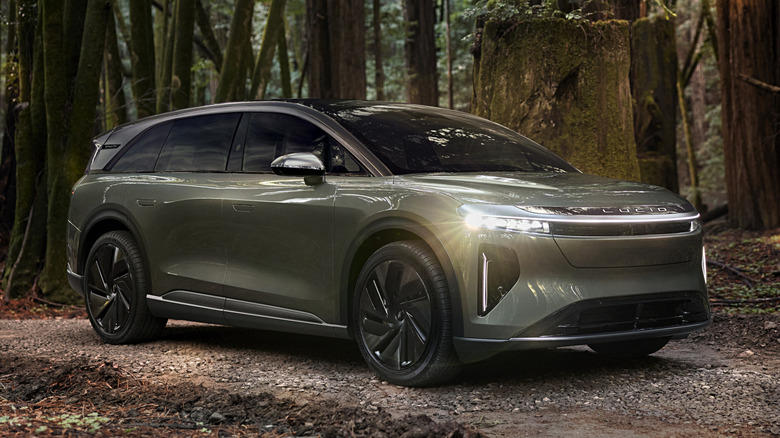Which Electric Vehicle's Battery Charges The Fastest In 2025? These Are The Top Contenders
Finding out which electric vehicle (EV) battery charges the fastest in 2025 depends on whom you ask, what their methodology is, and which specific vehicles they have tested. All of these variables can produce differing results. Other factors, including the battery's state of charge, its temperature, the outside temperature, the EV's maximum charging rate, and the charging station's output limits, will also be responsible for variations in your charging time. The fastest charging times will usually be achieved by using a Level 3 DC fast charger. These chargers are normally found at highway charging stations, as well as at the Tesla Supercharger network, which many EVs can now use, including those from Hyundai, Kia, and Genesis.
The methodologies used by various sources can also vary widely, making direct comparisons difficult. For instance, Car and Driver measures charging from 10 percent to 90 percent, whereas The Independent charges from 10 percent to 80 percent. Kelley Blue Book uses an entirely different metric to measure charging performance, ranking EVs by how many miles of range per minute they add while charging. This helps to explain why different outlets have different EVs in the number one position. With all that in mind, here are three of the top contenders for the fastest-charging EV crown.
2025 Porsche Taycan Turbo GT
The EV with the fastest-charging battery in 2025, according to Car and Driver (C&D), is the 2025 Porsche Taycan Turbo GT, the fastest they've ever measured. It charges at an average rate of 213 kilowatts (kW). The Taycan was the first EV to use an 800V system, reducing charging time. The Taycan Turbo GT also displayed a peak charging rate of 314 kW, which let the car's 97 kilowatt-hour (kWh) battery charge from a 10% to a 90% state of charge in just 24 minutes. Our review revealed that the Weissach-spec Taycan Turbo GT is a 2-seat electric monster, and C&D testing credits it with a 0 to 60 mph time of just 1.9 seconds. The base price of the Taycan Turbo GT is $239,400 plus $2,350 delivery fees.
C&D has a specific protocol for measuring charging speeds. The battery is preconditioned when possible, which heats or cools the battery to a temperature that enables it to charge quicker, while prolonging battery life. C&D then records the cost of the charge, the charging rate, and the time required to charge. The range of measured charging is always from 10 percent to 90 percent, using a standard charger. Since the quality of those public charging stations can vary widely, it's very useful to know the best public EV charging networks when it's time to charge your EV. C&D also tries to avoid tests of DC fast charging in extreme temperatures, which can negatively affect an EV's performance.
2025 Lotus Eletre
The 2025 Lotus Eletre is the fast-charging leader, as judged by the UK's The Independent. The Independent's methodology is to charge each vehicle from 10 percent to 80 percent, using the most powerful public chargers available. The Eletre, also with an 800V architecture, is able to charge from 10 percent to 80 percent in only 20 minutes on a 350 kW charger, reducing that time to 14 minutes with a 400 kW charger, which is confirmed by Lotus-provided information.
The Eletre is described by Lotus as a "pure electric performance SUV," which requires some mental reorientation when it comes to a Lotus being both an EV and an SUV. As such, it is available in most markets with two drivetrains. The 'entry-level' version features a 612 horsepower, dual-motor powertrain, while the upgraded version ramps things up to 918 horsepower with a two-speed transmission. Only the 918-horse version, called the Eletre Carbon here, will be available in the U.S.
Our first drive of the Lotus Eletre showed that the ride and handling were appropriate for an SUV, the tech and the interior were quite good, and the acceleration was more progressive, like a gasoline-powered sports car. Base price of the 2025 Lotus Eletre Carbon is $229,000 plus $3,000 freight fees, which likely includes the substantial tariff levied on Chinese-made EVs, now that Lotus is owned by China's Geely Motors and the Eletre is produced there.
2026 Lucid Gravity
According to Kelley Blue Book (KBB), the Lucid Gravity, debuting as a 2026 model, is the fastest charging EV. It aced their charging test using a different methodology, one that measures the rate at which an EV can charge, with the fastest-charging EV coming out on top. The Gravity won, achieving a chart-topping charging rate of 18.2 miles of range per minute while connected to a DC fast charger. The Gravity's 926V charging architecture tops the others and undoubtedly helps its results.
KBB notes that results like these will change as the general quality of the charging infrastructure improves and new technologies are introduced on both the battery and the charging sides. In other words, your 'mileage' may vary.
The 2025 Lucid Gravity is a new SUV from this EV startup, joining the existing Lucid Air sedan in the lineup. Its SUV form factor should attract more buyers. Our first drive of the 2025 Lucid Gravity demonstrated its uncanny ability to combine the best aspects of both a supercar and a minivan. Car and Driver agreed, calling the Lucid Gravity 'a Mega-Minivan,' achieving a zero to 60 mph time of 3.1 seconds and a quarter-mile time of 10.6 seconds at 140 mph with the most powerful 1,070-horsepower version. Only the Grand Touring trim of the Lucid Gravity is currently available – with a base price of $94,900 plus $2,000 transportation. A less expensive Touring trim for $79,900 plus transportation is promised in late 2025.



